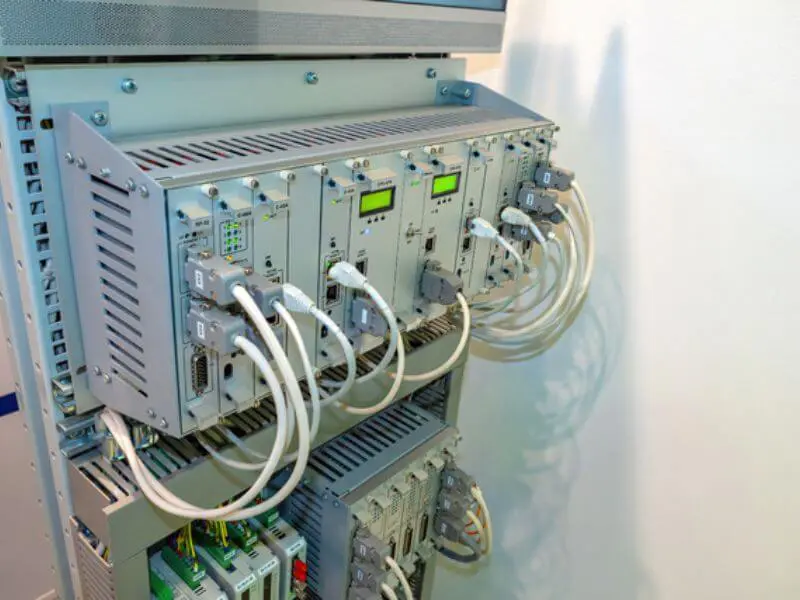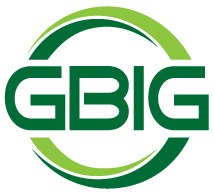Manufacturers aiming for true end-to-end automation quickly discover that success depends on more than equipment. It requires seamless connectivity across machines, software, and processes. This is where industrial automation system integrators play a critical role.
These experts bridge the gap between standalone technologies, creating fully integrated operations. By coordinating hardware, control platforms, and enterprise systems, they ensure that every component of a facility communicates effectively.
The result is improved efficiency, better decision-making, and a reduction in costly downtime.
The Role of System Integration
System integration brings together diverse technologies into a cohesive framework. Whether it’s connecting robotics with PLCs, linking production lines to ERP software, or optimizing SCADA systems, a skilled system integration engineer ensures smooth interaction across all levels of automation.
This level of integration streamlines workflows and provides real-time data visibility. With accurate insights available at every stage, managers can respond quickly to issues, improve scheduling, and maximize output.
How Integrators Deliver End-to-End Automation
Industrial automation system integrators follow a disciplined approach that reduces risk and accelerates results:

- Discovery and Assessment. Map assets, network topology, and process constraints. Identify legacy bottlenecks and interoperability gaps.
- Solution Design. Specify controls architecture, I/O, communications standards, and data models that align with business goals.
- Implementation. Configure PLC and HMI code, commission drives and robotics, and integrate SCADA, MES, and ERP systems.
- Testing and Validation. Simulate edge cases, verify fail-safes, and document procedures for operations and maintenance.
- Optimization and Scaling. Tune recipes, add analytics, and standardize templates to replicate success across lines and sites.
Why Work with Control System Integrators
Partnering with control system integrators means more than technical expertise. They customize solutions to meet the unique needs of each facility, from small upgrades to complete plant-wide modernization.
Highly experienced control system integrators possess knowledge of both legacy systems and the latest automation technologies, enabling them to design strategies that minimize risk, shorten project timelines, and extend equipment life.
The right partner also addresses cybersecurity, safety standards, and change management so improvements stick. Look for teams with a multi-vendor track record and certifications to match your installed base. A strong system integrator also hardens OT networks so production remains secure and available.
Ask for clear documentation and training to support your maintenance staff. Prioritize providers who offer post-commissioning support and set clear expectations for response times. Lastly, ensure that you and your system integrator agree on KPIs upfront so that success is measured in the same way.
End-to-End Benefits
When executed correctly by industrial automation system integrators, end-to-end automation delivers:
- Higher Productivity. Integrated systems reduce delays and increase throughput.
- Less Downtime. Proactive design and monitoring identify problems before they escalate.
- Improved Flexibility. Systems can adapt more easily to new processes or production changes.
- Data-Driven Operations. Seamless integration ensures reliable information for smarter business decisions.
- Lifecycle Support. Standardized code, documentation, and training simplify maintenance.
By connecting equipment, software, and processes, industrial automation system integrators provide the foundation for efficient, reliable, and future-ready operations. To explore a practical roadmap for your facility, contact Adam Kahler at akahler@quadplus.com or call (815) 210-9885.
Quad Plus
1379 Unit C Carlson Ave New Richmond, WI 54017 www.quadplus.com

